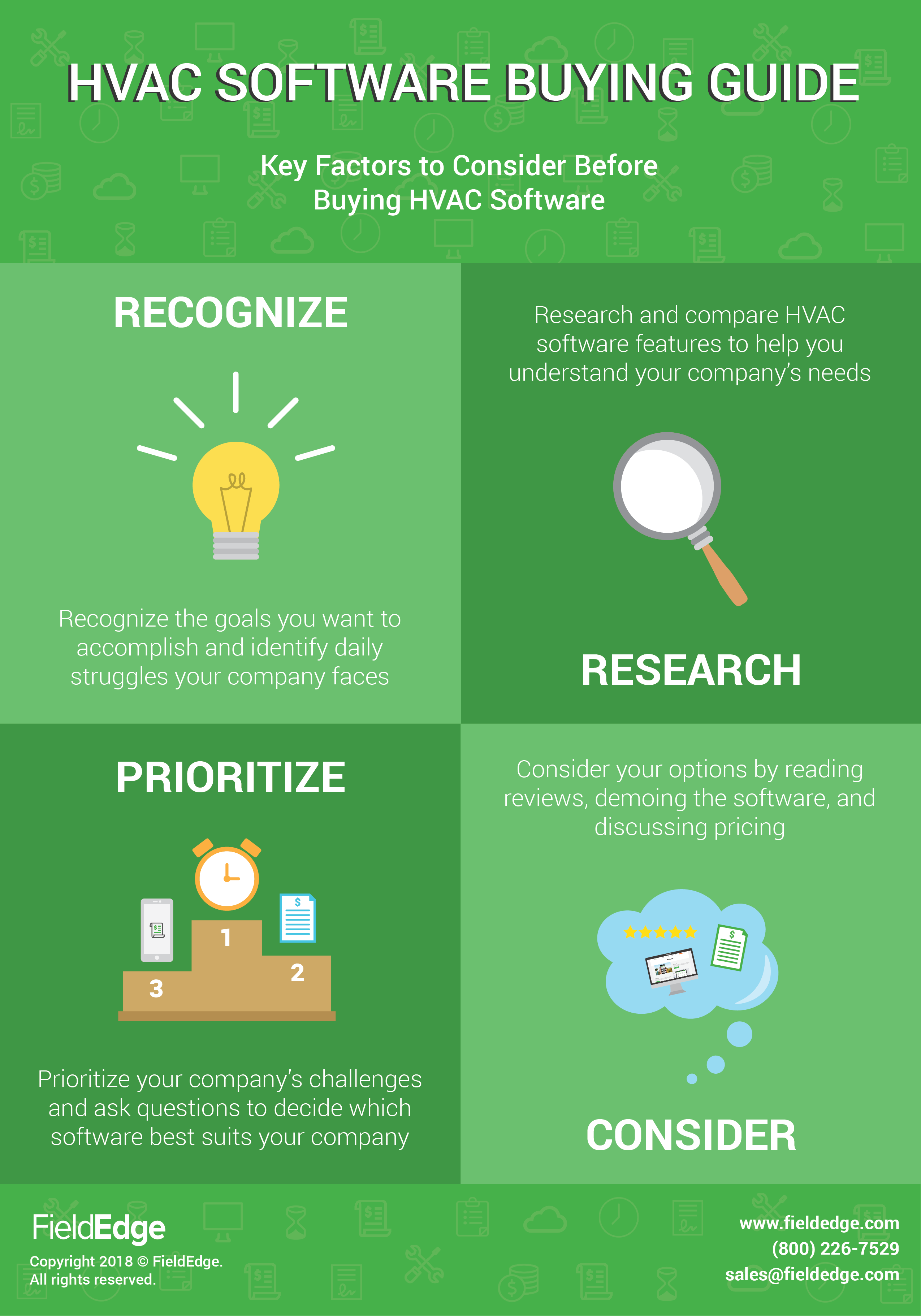The Future Of Home Heating - Exactly How Heatpump Technology Is Developing
The Future Of Home Heating - Exactly How Heatpump Technology Is Developing
Blog Article
Material Written By-Dawson Ringgaard
Heat pumps will certainly be a critical innovation for decarbonising home heating. In a scenario regular with governments' revealed power and climate commitments, their worldwide ability increases by 2030, while their share in home heating rises to one-quarter.
They function best in well-insulated homes and rely on electrical power, which can be provided from a renewable power grid. Technological advancements are making them extra reliable, smarter and more affordable.
Fuel Cells
Heatpump make use of a compressor, refrigerant, coils and fans to move the air and warm in homes and home appliances. They can be powered by solar power or power from the grid. They have actually been acquiring popularity due to their low cost, peaceful procedure and the ability to generate electricity during peak power need.
Some business, like IdaTech and BG MicroGen, are servicing fuel cells for home heating. These microgenerators can replace a gas boiler and produce some of a home's electric requirements with a connection to the electrical power grid for the remainder.
But there are factors to be cynical of using hydrogen for home heating, Rosenow says. It would certainly be pricey and inefficient compared to other technologies, and it would certainly include in carbon emissions.
Smart and Connected Technologies
Smart home modern technology enables property owners to link and manage their devices from another location with using smart device apps. For instance, smart thermostats can discover your heating preferences and instantly adapt to maximize energy consumption. Smart illumination systems can be regulated with voice commands and automatically turn off lights when you leave the area, decreasing power waste. And check out this site can check and handle your electric usage, enabling you to determine and restrict energy-hungry home appliances.
https://sethdiosx.snack-blog.com/29259777/discovering-the-ecological-benefits-of-warmth-pumps-a-lasting-home-heating-remedy -savvy household shown in Carina's meeting is a good picture of just how passengers reconfigure space home heating practices in the light of new clever home modern technologies. They count on the devices' automated features to execute daily adjustments and regard them as a hassle-free means of performing their heating techniques. As such, they see no factor to adjust their techniques better in order to enable versatility in their home power need, and treatments targeting at doing so might encounter resistance from these families.
Power
Given that heating homes make up 13% of US exhausts, a switch to cleaner options could make a large distinction. However the modern technology faces challenges: It's pricey and needs substantial home renovations. And it's not always suitable with renewable resource sources, such as solar and wind.
Up until lately, electrical heatpump were too pricey to compete with gas designs in a lot of markets. However new innovations in layout and products are making them a lot more budget-friendly. And much better cold climate efficiency is enabling them to work well even in subzero temperature levels.
The following action in decarbonising heating might be the use of warmth networks, which attract warmth from a central source, such as a nearby river or sea inlet, and disperse it to a network of homes or buildings. That would certainly lower carbon emissions and enable homes to take advantage of renewable energy, such as green electrical power from a grid provided by renewables. This option would be less pricey than changing to hydrogen, a nonrenewable fuel source that requires brand-new infrastructure and would only decrease carbon dioxide exhausts by 5 percent if paired with enhanced home insulation.
Renewable resource
As electrical power prices go down, we're beginning to see the exact same fad in home heating that has driven electrical cars into the mainstream-- however at an also quicker pace. The solid climate instance for electrifying homes has been pushed further by brand-new research.
Renewables account for a significant share of modern-day heat usage, but have been provided restricted policy interest globally contrasted to other end-use fields-- and also much less interest than electrical power has. In part, this shows a mix of consumer inertia, divided motivations and, in lots of countries, aids for fossil fuels.
New modern technologies can make the shift less complicated. For example, heatpump can be made extra energy effective by replacing old R-22 cooling agents with brand-new ones that don't have the high GWPs of their predecessors. Some specialists additionally picture district systems that attract heat from a neighboring river or sea inlet, like a Norwegian arm. The warm water can then be utilized for heating and cooling in a community.